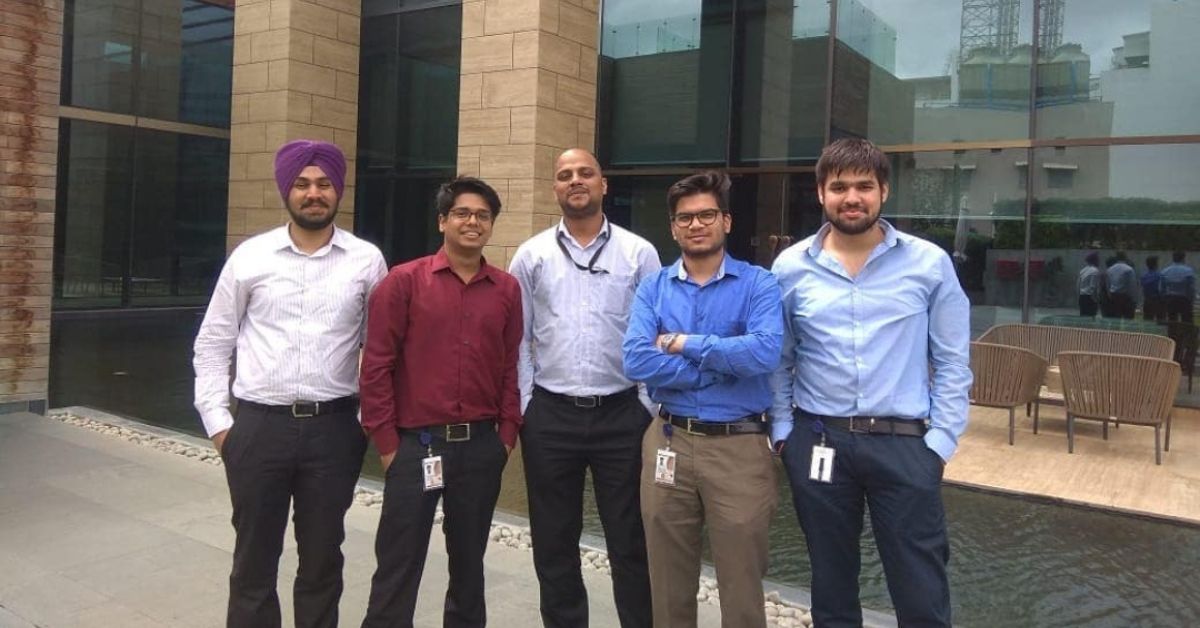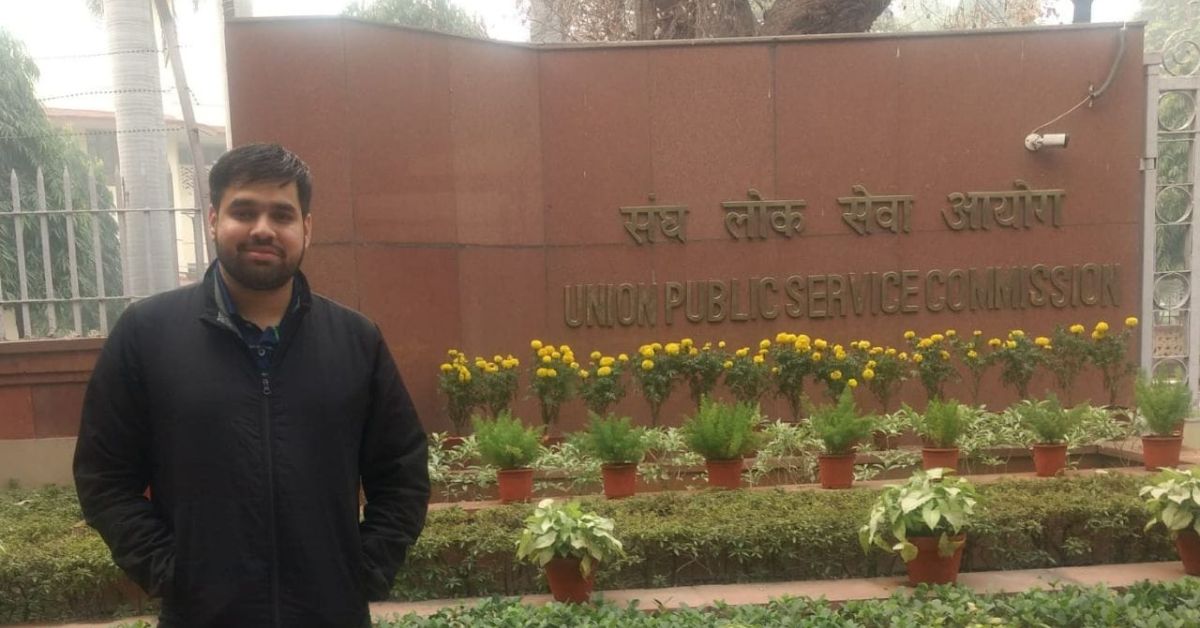12 Tips to Master Sociology Optional — From an IRMS Officer Who Cracked UPSC
It was 2021, and Adesh Sharma was busy scribbling on papers. The 25-year-old was outlining all possible scenarios before him. One section included the pros and the other the cons of continuing in the private sector against the prospects of pursuing a career in the civil services.
Having pursued an esteemed dual degree in chemical engineering from the Indian Institute of Technology, Delhi, Adesh had what many would consider a dream career in the private sector. Yet three years into this corporate journey, he felt his potential was untapped and the impact he desired to make was still out of reach.
Recognising the gravity of his decision to leave a secure job in a country that highly values employment stability, he undertook a candid evaluation of his circumstances. He carefully documented factors such as his current financial savings, which could support him for a limited time during his preparation. He also considered the effort and time commitment required for UPSC preparation, knowing that it might involve years of dedicated study with no immediate guarantees of success.
“The idea of quitting a job was not without its anxieties; after all, leaving a secure job is fraught with uncertainties. But courage was my only companion on this new, uncertain path,” he shares with The Better India.
 Despite the security of his private job, Adesh left his position, driven by a desire to achieve more impactful societal contributions.
Despite the security of his private job, Adesh left his position, driven by a desire to achieve more impactful societal contributions.
So, with a brave heart, Adesh took a calculated leap of faith.
He began his UPSC preparation in October 2021. Although he did not clear the prelims in his first attempt, the setback was a critical learning opportunity. He realised that solely relying on knowledge was insufficient; many prelims questions could be answered using logic and common sense, areas he had initially overlooked.
Armed with insights from his first attempt, Adesh adjusted his strategy. He took advice from friends and resources that highlighted the importance of reasoning and analytical skills when approaching prelims questions.
His revised approach paid off as he successfully cleared the prelims and mains exams. He advanced to the personality test and was selected through the Reserve List, achieving Rank 16 and being allotted the Indian Railways Management Services (IRMS) – Traffic. And now he has broken down key points for The Better India readers to help us navigate through the preparation steps.
 Adesh cleared the UPSC CSE in his second attempt.
Adesh cleared the UPSC CSE in his second attempt.
12 practical tips for mastering the sociology optional
When Adesh decided to prepare for the UPSC Civil Services Examination, he chose sociology as his optional subject. His decision was based on a strategic evaluation of both personal interest and practical considerations.
1. Have a genuine interest
Adesh shares that he had a natural curiosity about topics like marriage, religion, caste systems, and politics, which are foundational to sociology. This intrinsic interest made studying the subject enjoyable rather than burdensome.
2. Understand the syllabus
Begin by thoroughly reading the four to five pages of the sociology syllabus. Pay attention to every keyword to determine if you have an interest in topics like religion or caste. This will help ascertain your readiness and enthusiasm for the subject.
Additionally, he recognised that the sociology syllabus was relatively smaller compared to other options, which allowed efficient study targeting and planning.
3. Scoring potential
Sociology, Adesh points out, is known for its good scoring potential. Adesh noted that it is relatively feasible to achieve high marks, with many candidates consistently scoring more than 300 (of 500) in this optional. This made sociology an attractive choice, aligning with his goal to maximise his overall UPSC score.
 Regular revisions and structured learning, complemented by breaks involving leisure activities, were crucial in his successful UPSC journey.
Regular revisions and structured learning, complemented by breaks involving leisure activities, were crucial in his successful UPSC journey.
4. Review previous years’ questions
Before diving into the material, review the past 10-12 years of questions to understand what UPSC prioritises in exams. “Even if you don’t have answers initially, familiarise yourself with the types of questions asked. Consider if, with six to eight months of study, you can effectively answer these questions,” Adesh tells The Better India.
5. Limit resources
Avoid overwhelming yourself with too many books. Quality over quantity is key. Rely either on coaching material or a select few sources, like recommended online lectures of Sleepy Classes, which are freely available on YouTube, or a concise textbook of Essential Sociology by Nitin Sangwan.
6. Handwritten notes
Create handwritten notes for sociology. Condense information for each topic into single-page notes. This will facilitate quicker revision and improve recall ability during exams.
7. Use of current affairs
Integrate current events into your answers. Maintain a diary to jot down five to six relevant news items daily that can be used to substantiate your exam responses, particularly between prelims and mains.
 Adesh with his parents.
Adesh with his parents.
8. Enhance answers to stand out
Utilise figures and diagrams wherever applicable to illustrate your points clearly. Adesh advises to underline or box key terms in answers to make them more noticeable to examiners.
9. Study hours
Initially, aim for four hours daily for optional studies, expanding to more extended hours as needed. Focus on single topics for consistent periods to establish connections across the syllabus.
10. Retention techniques
Follow a structured approach to learning, such as reading, highlighting, and finally writing down key points in your own words. This method increases retention and clarity.
11. Regular revision
Regular revision is crucial. Schedule consistent review periods every one to two months to reinforce memory and understanding of the material, preventing the loss of learned content over time.
12. Take breaks
Balance intense study with regular breaks. Engage in activities like watching movies or social outings, which help provide mental rest and can enhance focus upon return to studies.
All images courtesy Adesh Sharma
News